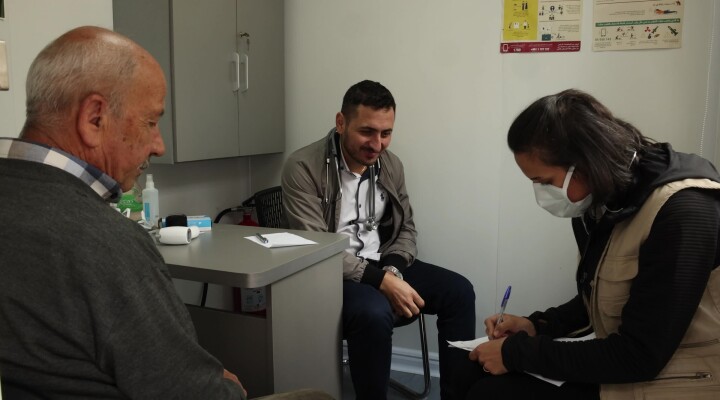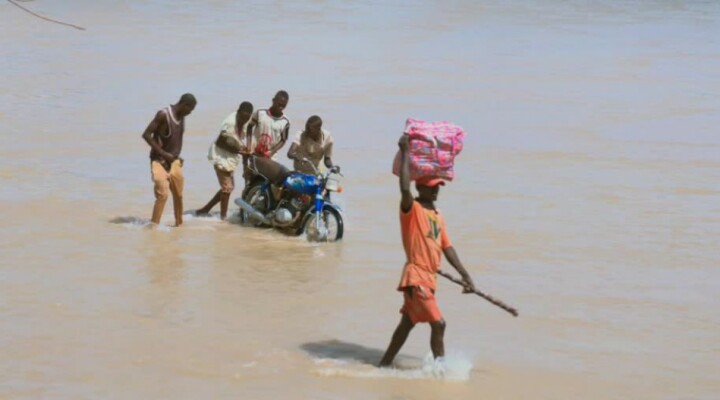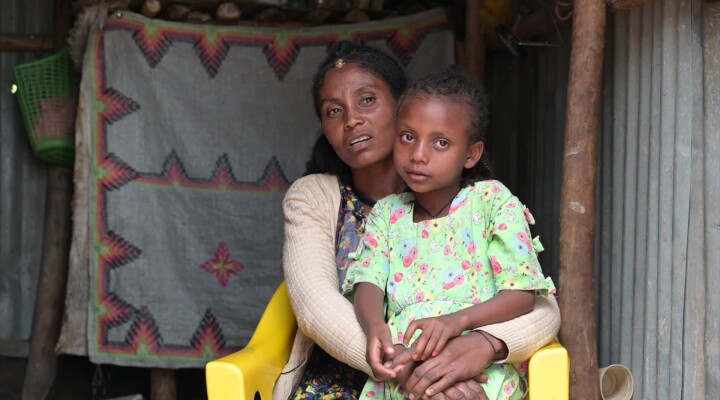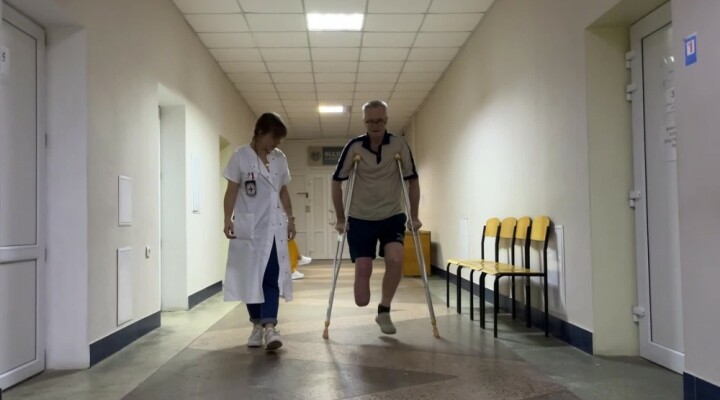New study shows health care in danger in 22 countries
The International Committee of the Red Cross (ICRC) is publishing its 22 country report today (May 15) recording over 900 direct attacks on health-care workers, transport and infrastructure in 2012.
"While these incidences are only the tip of the iceberg, it (the study) shows the vast magnitude of violence affecting health care in different forms - kidnapping, killing and threats to doctors because they treated an enemy," explains Pierre Gentile, head of ICRC's Health Care in Danger Project.
Local health structures and staff are the first to be affected, making up 91% of the recorded cases (compared to 7% for international providers). Those responsible for the violence tend to be State Security Forces and non-State actors. However, around 10% of recorded incidents were perpetrated by the patient's family and friends - usually threats of physical violence to doctors, nurses and other health-care workers.
In parts of North Africa and the Middle East, entire hospitals have been destroyed and staff, as well as patients, killed. In regions of sub-Saharan Africa and South Asia, many children die of diseases that could be easily prevented but armed conflict has cut them off from health care. In areas of South America, entire communities are living without health services because doctors and nurses have fled following pressure and intimidation.
ICRC's study identifies two new trends in the issue of "Health Care in Danger". First, many first aiders arriving at an emergency are wounded by a second explosion. Secondly, violent incidents disrupt prevention programmes such as routine vaccination sessions. This means setbacks to eradicating diseases such as measles and polio.
Gentile says: "Violence against health care must end. This amount of violence affects whole communities. There should be respect for an impartial delivery of health care allowing the wounded and sick to get treatment."
Deliberate assaults on health-care personnel, facilities and transport violate international laws. The wounded and sick – combatants and civilians alike – have the right to receive timely medical treatment.
The ICRC will continue to gather incidents and publish a global analysis in 2015.
The entire “Violent incidents affecting health-care” study can be found on the new website www.healthcareindanger.org
A new film entitled “Health Care in Danger: The Human Cost” can also be seen on www.healthcareindanger.org
Shotlist
Location: Somalia, Syria, DRC and Switzerland
Length: 3:56
Format: Mpeg2 / 16:9 anamorphic / SD
Production: Nicola Fell
Camera: Various
Sound: English
ICRC ref: AV007N HCiD Study
Date: Various
Copyright: ICRC access all
Mogadishu Somalia (This material was not filmed by the ICRC)
March 2013
0:00 Various of ambulance at night picking up patients
Syria (This material was not filmed by the ICRC)
February 2013
0:32 Various of Tal Dar Al Shifa hospital destroyed, Aleppo.
11 January 2013, Aleppo to Turkish border
0:42 Travelling shot from ambulance leaving Aleppo
1:12 Various of taking patient on stretcher across border to Turkey
ICRC HQ, Geneva, Switzerland
May 2013
01:57 SOUNDBITE Pierre Gentile, Health care in Danger Project, International Committee of the Red Cross (in English):
"In a year's times, we recorded more than 900 violent incidents affecting health-care workers and transport infrastructure. It's probably only a tip of an iceberg. It already shows the vast magnitude of violence affecting health-care in different forms kidnapping, killing, threats to doctors because they treated an enemy. All this violence in the end affects a community as a whole because these health-care providers are not able to conduct their work."
Panzi Hospital, Bukavu, Democratic Republic of Congo
16 December 2012
2:23 Surgeon talking with patient
3:01 Surgeon carrying child patient to surgery
3:06 Various of war surgeon on a child
ICRC HQ, Geneva, Switzerland
May 2013
3:41 SOUNDBITE Pierre Gentile, Health care in Danger Project, International Committee of the Red Cross (in English):
"Violence against health-care must end. There should be a realisation that this amounts of violence affects whole communities. There should be respect for an impartial delivery of health care allowing the wounded and sick to get treatment."



